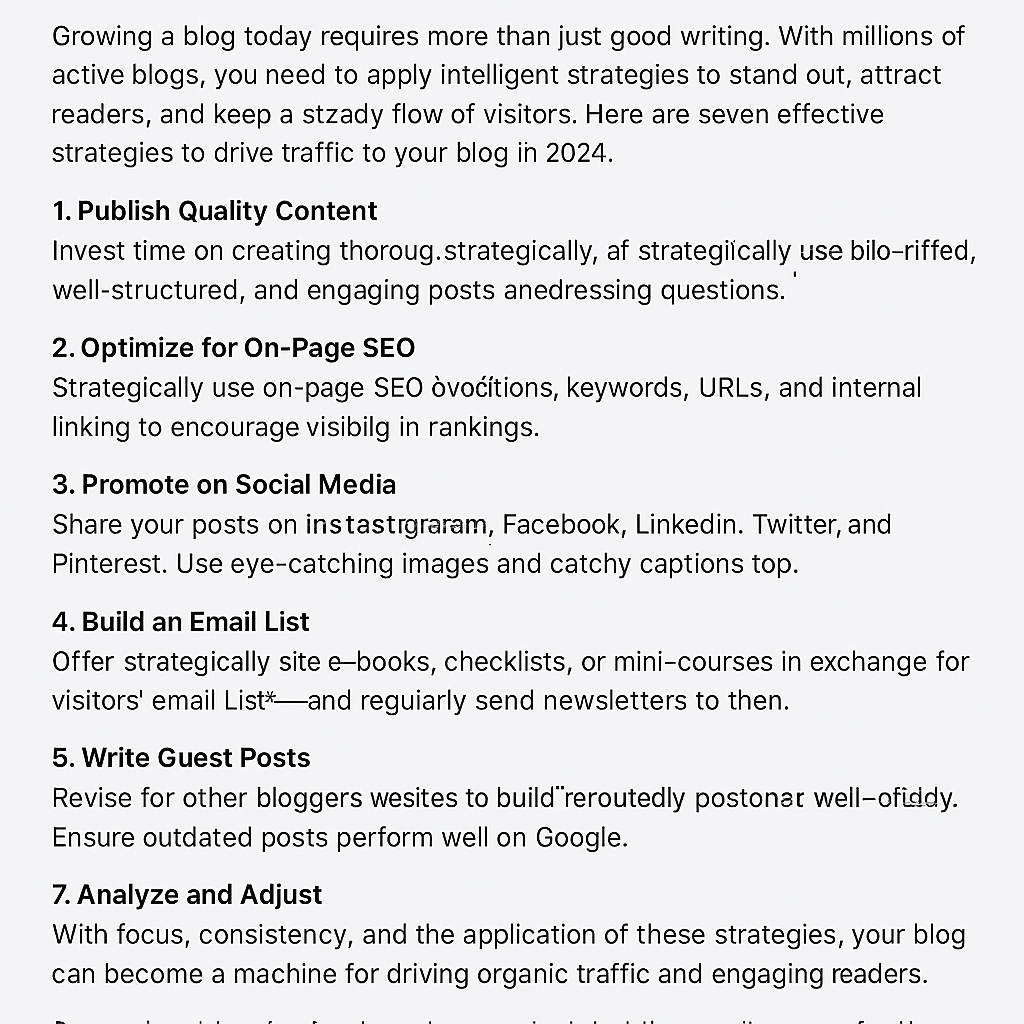Starting a business is exciting, but one of the most critical decisions you’ll make is choosing the right business model. The business model defines how your company will create, deliver, and capture value. Selecting the wrong one can lead to wasted resources and a failed venture. Here’s how to choose wisely.
Understand What a Business Model Is
A business model outlines how a company makes money. It includes the products or services it offers, its target customers, channels of distribution, revenue streams, cost structures, and value proposition. Some popular business models include:
- Subscription-based (e.g., Netflix)
- Freemium (e.g., Spotify)
- E-commerce (e.g., Amazon)
- Marketplace (e.g., Airbnb)
- Franchise (e.g., McDonald’s)
Analyze Your Market and Audience
Before selecting a business model, research your market. Understand:
- Who your customers are
- What problems they face
- How they currently solve those problems
- What they are willing to pay for a solution
This insight will guide you toward a model that best aligns with customer needs and purchasing behavior.
Evaluate Your Resources and Capabilities
Your team, technology, network, and capital will influence the best model for you. For example, if you have strong content creation skills but limited capital, a digital product business or a service-based model might be ideal.
Consider Your Revenue Strategy
Ask yourself:
- How will your business earn money?
- Will customers pay one time or repeatedly?
- Are there opportunities for upselling or cross-selling?
Your revenue strategy should align with your business goals and financial expectations.
Study Successful Competitors
Look at other companies in your niche. What models are they using? Why are they successful? While you shouldn’t copy them outright, you can learn valuable lessons and adapt their strategies to your unique strengths.
Test and Adapt
Don’t be afraid to start small. Launch a minimum viable product (MVP) and test your business model. Gather feedback, track results, and be ready to pivot if needed. Flexibility is essential during the early stages of your startup.
Final Thoughts
Choosing the right business model is not a one-time decision—it evolves with your business. Keep evaluating and adjusting it as your company grows. With research, planning, and adaptability, you can build a sustainable and profitable business.
